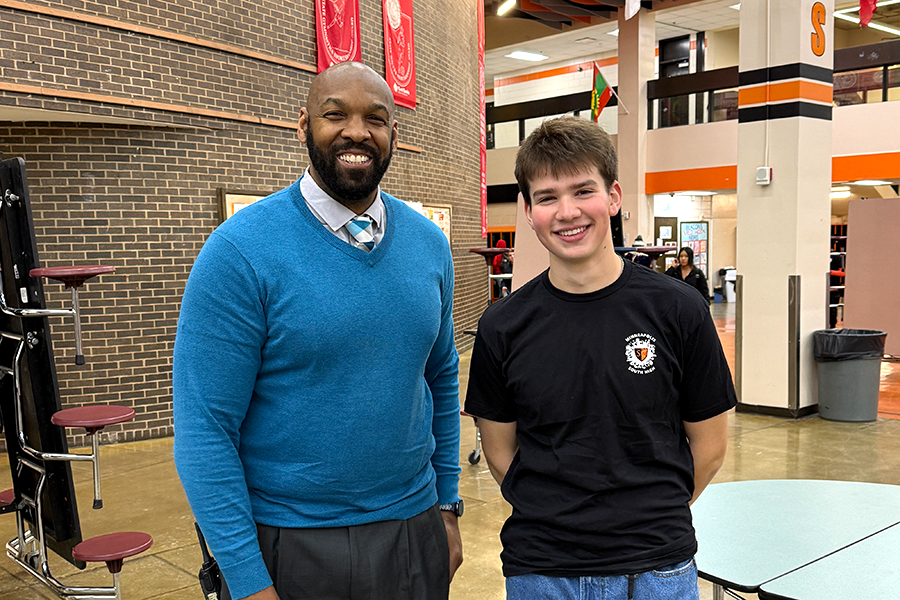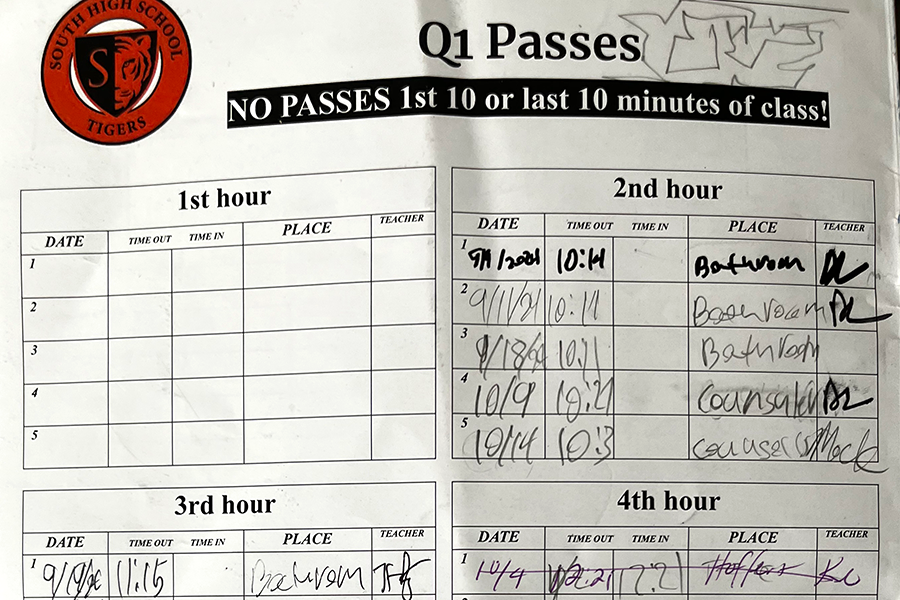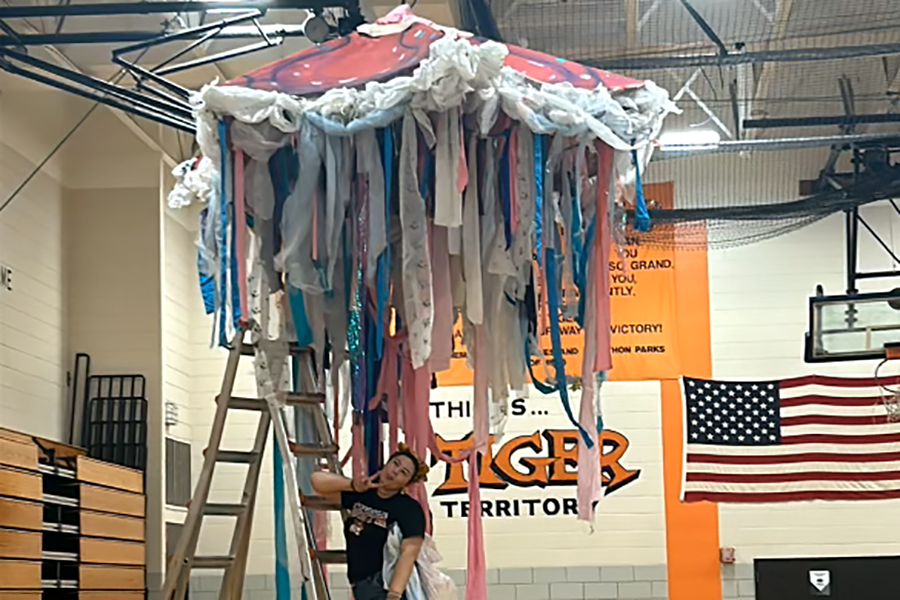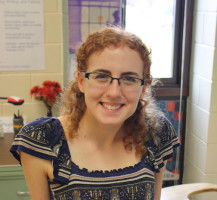Overhearing teachers in the hallways is an everyday experience. They discuss lesson plans, their weekends, what we students chat about, too. What is more uncommon is hearing teachers speaking, and realizing that it’s not in English.
From October 1 through 15, five German student teachers toured Minnesotan schools and cultural events, going to everything from the Guthrie to a Lynx game. Five of those days were spent at South.
“We are here because the US embassy in Berlin conducted a two week program for teachers with minority backgrounds,” said teacher Fustel Desmarattes, “to see how schools in other countries deal with the issue of diversity.”
“We have some problems in Germany, and we don’t really know how to deal with the students from migrational backgrounds,” chimed in teacher Anja Meltonjan, talking about language differences between teachers and students. “I think they want more teachers in Germany with a migrational background, because we don’t have as many teachers with migrational backgrounds, because they probably understand these students better, and can teach these students.”
The visiting teachers all come from diverse backgrounds themselves, hailing from Bulgaria, Armenia, Turkey, and Haiti.
For them, differences were obvious.
“I would say the biggest difference is your school spirit that you have,” stated visiting teacher, Goerkem Koparan, citing school sweatshirts, t-shirts, and themed days. “We don’t have that at all in Germany.”
Koparan also noticed the differences in behavior management strategies.
“The way you get your respect, or authority as a teacher, is not by yelling, or shouting to the students, but by giving them options, or choices. You can either do this, and this is the consequence of it. You have more of kind of a friendship relationship,” Koparan said.
It is a rare voyage that is not preceded by expectations, and prejudices, and this was no different. As many find, however, what the teachers imagined was different from what they found.
“There’s this joke, it’s this joke in Germany going around that a high school student in America still thinks that Adolf Hitler is still living. But that changed totally,” laughed Samaneh Zamir. “I was very impressed.”
Jossif Schmidt, another teacher, agreed.
“The idea is to build bridges between diverse teachers in Germany and diverse teachers in the U.S.,” Schmidt said. “So, actually, we have an exchange going on, and prejudices towards the U.S. are being diminished.”
Though Schmidt and his fellow teachers are back in their homes, their souvenirs will be more than just tokens on their shelves.
“Building relationships with your class, and with your individual student, so you actually know who they are, and not only who they are, but what they’re like,” stated Schmidt, “that’s something I definitely want to take home, and that I’ll work on.”







